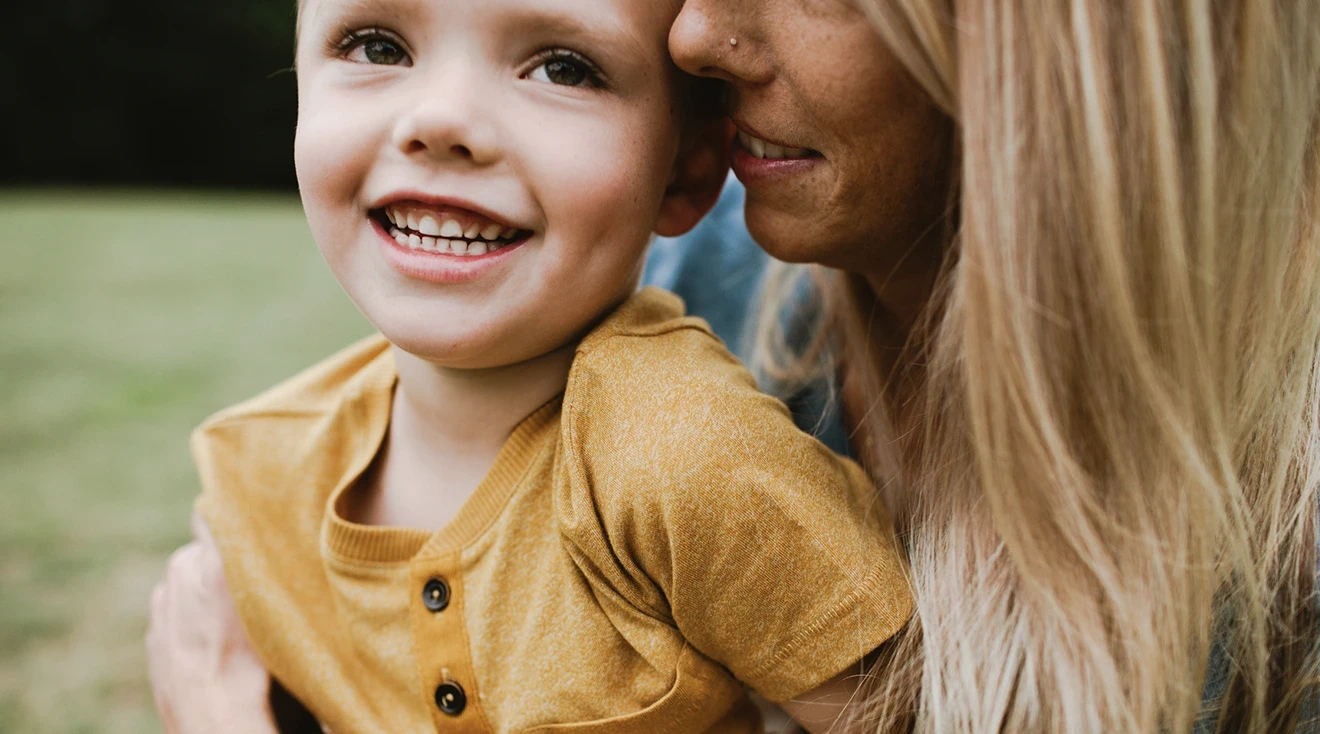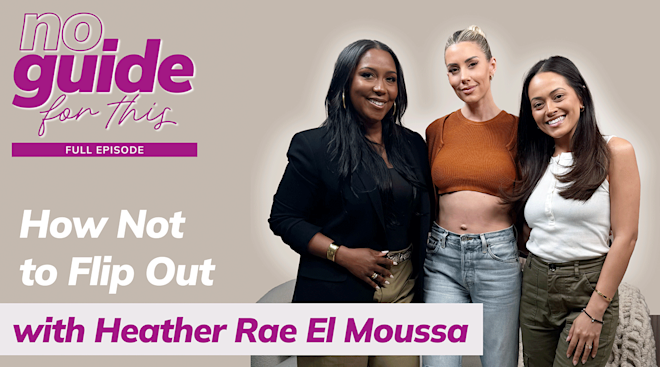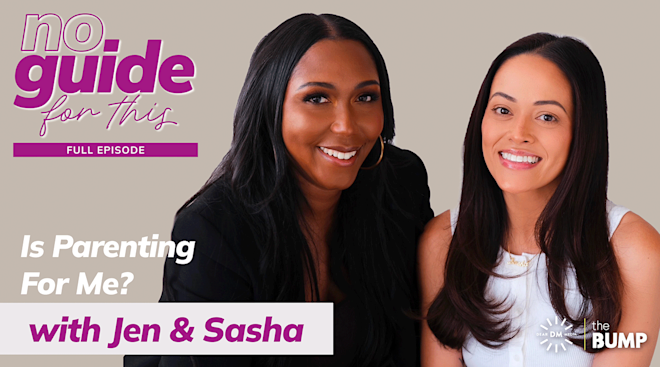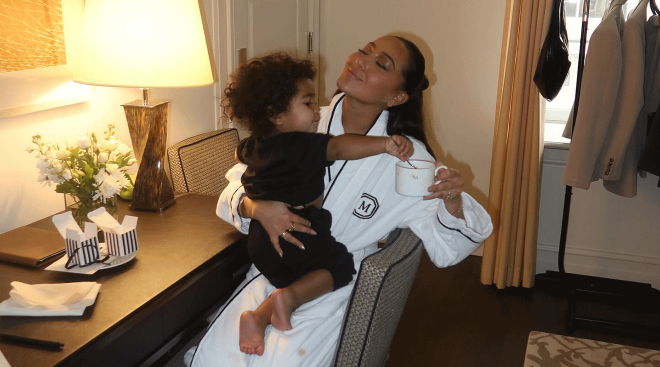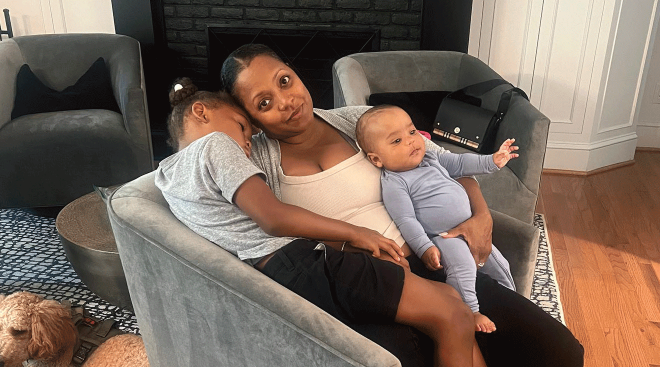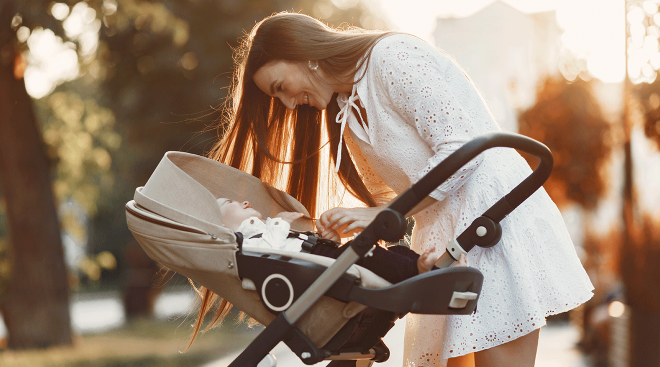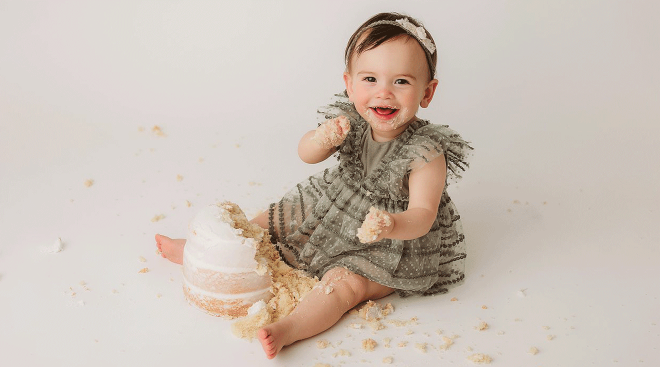What Raising a Child Without Family Has Taught Me About Parenthood
Throughout early history, millions of moms managed parenthood with little more than a breast and a blanket. But what our ancestors didn’t have in research, technology and, well, general comfort, they made up for with something not all of us can claim today: extensive family—people to watch their children, impart wisdom and, in short, just show up.
Today, societies are much more complicated. We’re living geographically further apart from our relatives, and we’re all completely frazzled juggling our own families, thriving careers and domestic responsibilities. With more pressure than ever before, some of us are forced to raise our families alone, whether by choice or as a result of separation, estrangement or location. It’s something few parents talk about, but, for millions of people, raising a child without the support of extended family can create immense challenges. It’s also incredibly validating.
I emigrated from Australia about 10 years ago in one of those cliched scenarios where wanderlust got the better of me. A 12-month jaunt became “just another 12 months” for the next however many years. Suddenly, I found myself engaged and paying my fair share of a mortgage. At first, this didn’t seem remarkable; life was just happening as it inevitably does.
Then our son arrived. (Actually, he showed up eight weeks early, in the midst of a global pandemic.) Those first few months were particularly difficult, as our baby struggled to feed and gain weight. Meanwhile, my partner and I were facing the usual challenges of early parenthood. What’s more, we were doing it completely alone.
This isn’t an unfamiliar story. Across the United States, thousands of families raise children alone or with very little support for a multitude of reasons—and many don’t have a choice but to carry on and figure it out. The fact that I had a choice became my sticking point. Still, I wondered if I was consciously depriving my family by living so far away from loved ones? My networks were tiny because of decisions I had made—but did my son’s need to be too?
In light of the pandemic, though, returning to Australia wasn’t an option. We were isolated, out of touch and watching our son’s gorgeous little personality develop without the familial audience he deserved. We were trying to define what family could look like away from home, but it became obvious that there was a void we wanted to fill. We knew we didn’t need an extended family, but we started to desperately want one.
It was the little things that began to matter. Here we were with a baby, teaching newly minted grandparents how to FaceTime in an attempt to create a virtual family as best we could. We didn’t have a babysitter, we couldn’t call family for advice in the same time zone and we were forging friendships with strangers at the playground to cultivate a sense of community. I never thought I’d say this, but in those early days I was starting to see how valuable it would be if anyone—even an uninvited in-law (or, heck, the postman!)—popped in and watched our son while I took a long shower. I wondered: Would having these things create a calmer home? Would I be a better mom with tangible support?
The date nights my mom friends would tell me about started to incite a bit of envy. Sometimes my friends would even go to a spa or spend an afternoon shopping while their parents or siblings were on childcare duty. Hours later, they’d return refreshed and motivated. Meanwhile, my attempt at a spa involved a 15-minute bath with the good body wash while my son napped. I knew it wouldn’t always be like this, but, in these moments, it felt interminable.
Worse than the lack of available support and the lack of me-time, was the lack of overall investment from the people around us. Sure, our friends wanted our little one to thrive—but were they going to change their plans when our son’s school announced dates for his nativity? Would they frame our son’s finger painting masterpieces? I needed to readjust my mindset to realize that while having a personalized fanclub for our son would be wonderful, it wasn’t essential to ensure that he felt loved.
Raising a child without family has taught me that you can be independent and capable as a parent, but simultaneously need and want to surround yourself with others who you can lean on for comfort and support. Recognizing this doesn’t mean you’re not able to cope with the demands of parenthood—it means that a desire for social connection can comfortably coexist with self-sufficiency. Either way, as the brilliantly resilient moms that we are, we can and will adapt. We just need to trust our own decisions and believe in our own abilities—perhaps even more so than parents of children who regularly spend time with grandparents and relatives.
Naturally, my partner and I have started wondering if maintaining this distance is the best thing for our child. This discussion is ongoing. In the meantime, let this be a shout out to the families that lift us, to the neighbors who walk through the door to lend a hand, to the friends we call family and to the brothers and sisters who are on standby for real-time advice.
Living around the corner—or even in the same suburb, country or time zone—as loved ones is an enviable privilege. But if you’re a parent raising a child away from family, know that you are your child’s everything. Never second guess your ability to parent, hard as it may be. All you really need is a breast and blanket to make your child feel the love. Finding connection and feeling supported on this rollercoaster journey is, undoubtedly, important, but knowing your little one is thriving because of you is beyond fulfilling.
About the author: Hannah Silverman is a freelance writer and mom to a toddler, with a second cutie on the way. With a bachelor’s degree in journalism and more than 17 years international media experience, she specializes in crafting parenting and women’s health articles. She is passionate about celebrating all children, normalizing the quirks of parenting life and eradicating mom guilt for good.
Plus, more from The Bump:
Navigate forward to interact with the calendar and select a date. Press the question mark key to get the keyboard shortcuts for changing dates.
































